Nourishing Your Feline Friend: Food for Cats with Sensitive Stomachs
Cats are notorious for their finicky eating habits, but some feline friends have more delicate stomachs than others. If you've ever noticed your cat vomiting, experiencing diarrhea, or showing signs of discomfort after meals, it's possible that your furry companion has a sensitive stomach. Just like us, cats can suffer from gastrointestinal issues that can be triggered by various factors, including food intolerance and allergies.
In this article, we'll explore how to identify if your cat has a sensitive stomach and provide insights into dry cat food for sensitive stomachs, homemade cat food recipes, and other dietary considerations to keep your feline friend healthy and happy.
|
Choosing the right cat food for a sensitive stomach involves selecting easily digestible, hypoallergenic options with limited ingredients. High-quality protein sources, like chicken or fish, and avoiding common allergens such as grains can help reduce stomach upset and improve digestion. |
Choosing the Right Food for Cats with Sensitive Stomach
Selecting the right cat food for a sensitive stomach can be a bit of trial and error. Different cats respond differently to various dietary changes, so it may take some time to find the perfect solution for your furry friend. Here are some essential factors to consider when choosing the best food for your cat with a sensitive stomach:
1. Consult Your Veterinarian
Before making any significant dietary changes, it's essential to consult your veterinarian. They can help diagnose the underlying cause of your cat's sensitive stomach and recommend specific dietary changes or prescription foods if necessary.
2. Limited Ingredient Diet
One of the most effective strategies for cats with sensitive stomachs is to switch to a limited ingredient diet (LID). These diets contain a minimal number of ingredients, making it easier to identify and eliminate potential allergens or irritants.
3. Grain-Free Options
Some cats with sensitive stomachs benefit from grain-free diets, as grains can be a common source of digestive issues. However, it's essential to note that not all cats with sensitive stomachs have grain allergies, so it might not be necessary for every cat.
4. Novel Protein Sources
Novel protein sources are ingredients that your cat has not been exposed to before. These can include proteins like duck, venison, or rabbit. Novel protein diets can be beneficial for cats with food allergies or intolerances.
5. Avoid Artificial Additives
Look for cat food that is free from artificial additives, colors, and preservatives. These can sometimes trigger digestive problems in sensitive cats.
6. Probiotics
Some cat foods are formulated with probiotics, which are beneficial bacteria that can promote healthy digestion. These can be especially helpful for cats with recurring stomach issues.
Puainta® Probiotic Supplement Powder for Dogs/ Cats:
7. Wet vs. Dry Food
The debate between wet and dry cat food for sensitive stomachs is ongoing. Both have their advantages and disadvantages. Wet food can provide more moisture, which can help with digestion, while dry food may contain fewer allergens. Many cat owners find success with a combination of both.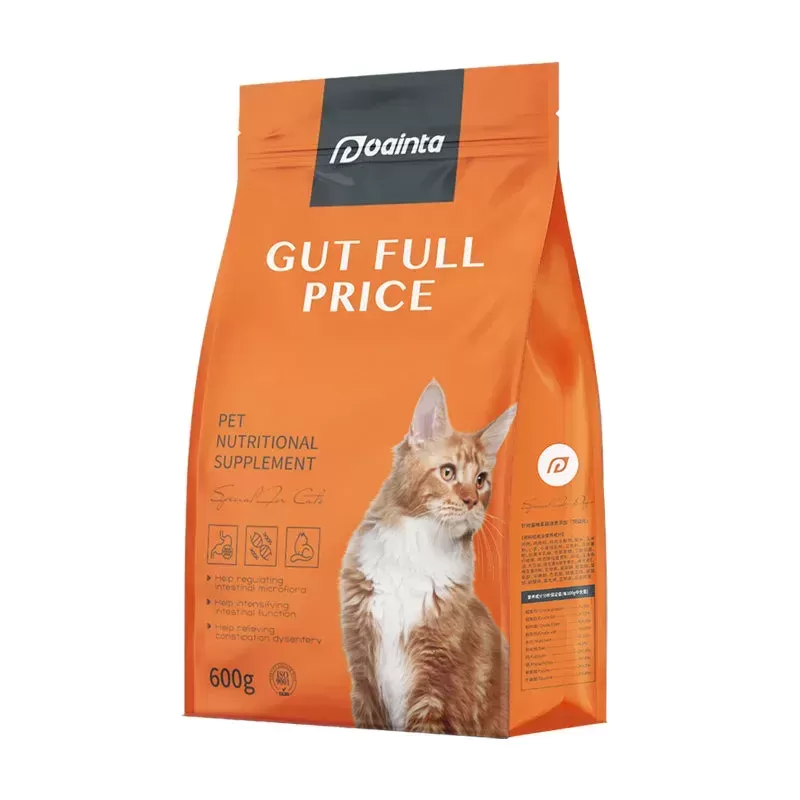
- High energy
- Easy to digest
- Increase appetite
- Cat dry food for sensitive stomach
- Digestive kitten food
- Enriched with taurine (Cats require essential nutrients like taurine, which is found primarily in animal tissues.)
8. Gradual Transition
When changing your cat's diet, it's crucial to make the transition gradually. Mixing the old and new food over a week or two can help reduce the risk of digestive upset.
9. Monitor Your Cat's Response
Once you've chosen a new food, monitor your cat's response closely. If their symptoms improve, you're on the right track. If not, consult your veterinarian for further guidance.
Common Causes of Cat Upset Stomach
Understanding the underlying causes of your cat's sensitive stomach can help you choose the right food to alleviate their discomfort. Here are some common reasons why cats may develop sensitive stomachs:
1. Dietary Allergies
Some cats are allergic to specific ingredients in their food, such as grains, chicken, or fish. Allergies can lead to gastrointestinal upset.
2. Food Intolerances
Food intolerances are different from allergies but can result in similar digestive issues. Cats may have difficulty digesting certain proteins or other ingredients.
3. Abrupt Diet Changes
Switching your cat's food abruptly can lead to digestive problems. Cats need a gradual transition when changing their diet to prevent stomach upset.
4. Bacterial Infections
Infections in the gastrointestinal tract can cause inflammation and lead to a sensitive stomach.
5. Inflammatory Bowel Disease (IBD)
IBD is a chronic condition that affects the digestive tract. Cats with IBD often experience recurrent stomach problems.
6. Pancreatitis
Pancreatitis is an inflammation of the pancreas that can result in vomiting and diarrhea.
7. Hairballs
Cats are meticulous groomers, but ingesting excessive amounts of hair can lead to digestive issues.
Now that we understand the causes and symptoms of sensitive stomachs in cats, let's delve into the most critical aspect: selecting the right food to alleviate these problems.
How Do I Know If My Cat Has a Sensitive Stomach?
Identifying a sensitive stomach in your cat is essential for their well-being. Cats are masters at hiding discomfort, but there are some telltale signs that can help you recognize if your pet is dealing with stomach issues. Here are common indicators of a sensitive stomach in cats:
1. Frequent Vomiting: Occasional hairballs are normal, but frequent vomiting of undigested food or bile can indicate a sensitive stomach.
2. Diarrhea: Loose or watery stools can be a sign of gastrointestinal distress in cats.
3. Flatulence: Excessive gas can suggest that your cat's digestive system is not functioning properly.
4. Refusal to Eat: If your cat regularly refuses to eat or loses interest in food, it could be due to stomach discomfort.
5. Weight Loss: A sensitive stomach can lead to weight loss as your cat may not be absorbing nutrients effectively.
6. Lethargy: Cats with stomach issues might become lethargic or display a decrease in energy levels.
7. Frequent Bowel Movements: More frequent trips to the litter box than usual can be a sign of stomach upset.
8. Irritability: Cats in pain may become irritable or aggressive.
If you notice any of these symptoms, it's essential to consult your veterinarian. They can help determine the cause of your cat's stomach issues and recommend appropriate treatments and dietary changes.
Dry Cat Food for Sensitive Stomachs
Choosing the right cat food for a sensitive stomach is crucial to your pet's well-being. Dry cat food can be a good option for cats with sensitive stomachs, but it's essential to select a brand and formula that meets their specific dietary needs. Here are some factors to consider when choosing dry cat food for sensitive stomachs:
1. Limited Ingredient Diet: Look for cat food with a limited number of ingredients. These diets are formulated to reduce the risk of food allergies and intolerances. They typically feature a single source of animal protein and minimal fillers or additives.
2. Grain-Free Options: Cats are obligate carnivores, which means their bodies thrive on animal-based protein. Grain-free dry cat food is often easier on the digestive system as it eliminates potential allergens like wheat, corn, and soy.
3. Highly Digestible Ingredients: Opt for cat food that includes highly digestible ingredients, such as chicken or turkey. These protein sources are less likely to trigger stomach sensitivities.
4. Probiotics and Prebiotics: Some cat food brands incorporate probiotics and prebiotics into their recipes. These beneficial microorganisms can promote a healthy gut and aid in digestion.
5. Sensitive Stomach Formulas: Many pet food manufacturers offer specialized formulas designed for cats with sensitive stomachs. These recipes typically contain a unique blend of ingredients to support digestive health.
6. Consult Your Veterinarian: It's always advisable to consult your veterinarian before switching your cat's diet. They can recommend a specific dry cat food based on your cat's individual needs and health status.
Homemade Cat Food Recipes for Sensitive Stomachs
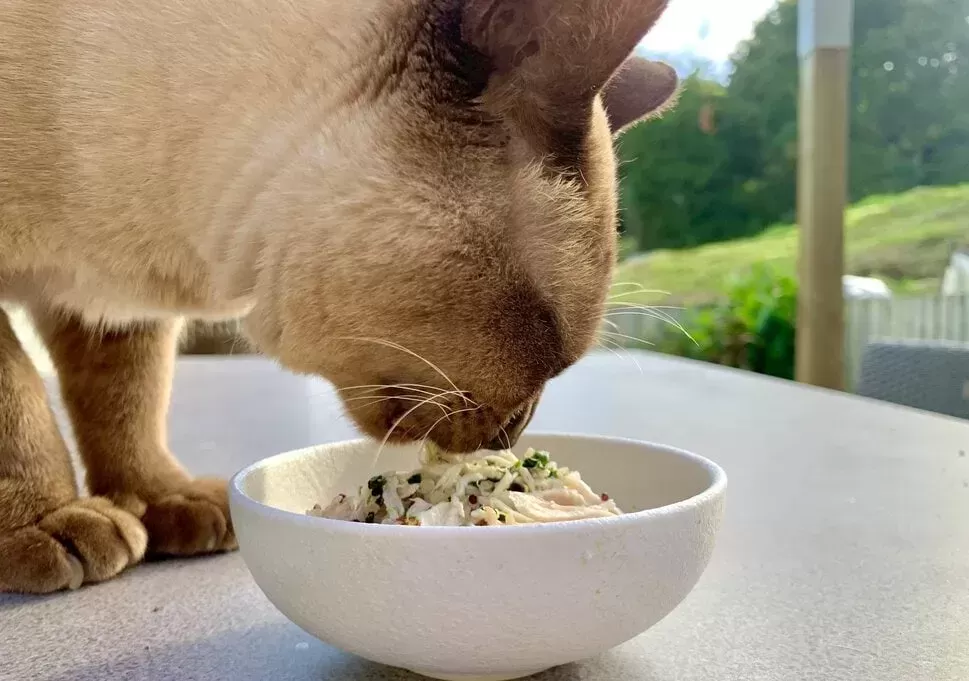
If you're looking for an alternative to commercial cat food, homemade cat food recipes can be a viable option. Preparing your cat's food at home allows you to have more control over the ingredients and ensure that it's free from additives and fillers. However, creating balanced and nutritionally complete homemade cat food can be challenging, so it's crucial to follow veterinarian-approved recipes. Here's a simple homemade cat food recipe suitable for cats with sensitive stomachs:
Homemade Chicken and Rice Cat Food
Ingredients:
| - 2 cups of boneless, skinless chicken breast - 1 cup of cooked white rice - 1/4 cup of cooked peas (mashed) - 1/4 cup of cooked carrots (mashed) - 1 tablespoon of olive oil - 1/2 teaspoon of fish oil (for omega-3 fatty acids) - 1/2 teaspoon of taurine (an essential amino acid for cats) - 1/4 teaspoon of calcium supplement (consult your vet for the appropriate type and amount) - Water for cooking |
Instructions:
|
Remember that homemade cat food should be nutritionally complete, and it's essential to consult with your veterinarian before making it a permanent part of your cat's diet. Your vet can offer guidance on any additional supplements or dietary adjustments needed to ensure your cat's health.
What to Give a Cat for a Sensitive Stomach?
Aside from selecting the right cat food, there are several other measures you can take to support a cat with a sensitive stomach:
1. Slow Transition: When changing your cat's diet, do so gradually by mixing the new food with the old one over a period of 7-10 days. This helps your cat's digestive system adjust to the new food.
2. Feed Small, Frequent Meals: Offer multiple small meals throughout the day instead of one or two large ones. This can help reduce the strain on the digestive system and prevent overeating.
3. Freshwater Access: Ensure your cat has constant access to fresh, clean water. Hydration is essential for proper digestion.
4. Monitor Treats: Be cautious with treats and limit them, especially if they contain ingredients that could trigger stomach sensitivities.
5. Eliminate Allergens: If your vet suspects food allergies or intolerances, they may recommend an elimination diet to identify and remove the problematic ingredients from your cat's diet.
6. Consult a Veterinarian: Regular veterinary check-ups are vital for monitoring your cat's digestive health. Your vet can offer personalized advice and conduct necessary tests to rule out other underlying medical conditions.
7. Probiotics and Digestive Supplements: Probiotic supplements can help promote a healthy gut, while digestive enzymes may assist with food breakdown. Consult your veterinarian before using these supplements.
Daycare for My Cat with a Sensitive Stomach
While daycare is not typically associated with addressing a cat's sensitive stomach, it can be relevant in specific situations. If you're planning to be away from home for an extended period, it's crucial to ensure your cat's dietary and medical needs are met. Here are some considerations for arranging daycare for a cat with a sensitive stomach:
1. In-Home Care: If possible, opt for in-home pet sitters or caregivers who can continue your cat's daily routine, including their feeding regimen and any dietary restrictions.
2. Communication: Provide detailed instructions to the caregiver, including the type of food your cat should eat and any special dietary considerations.
3. Specialized Facilities: Some pet boarding facilities offer specialized care for cats with medical or dietary needs. Research local options that cater to sensitive stomachs and inquire about their services.
4. Vet Collaboration: Consult your veterinarian before arranging daycare to ensure that your cat's dietary and medical requirements are understood and can be met by the caregiver.
Conclusion
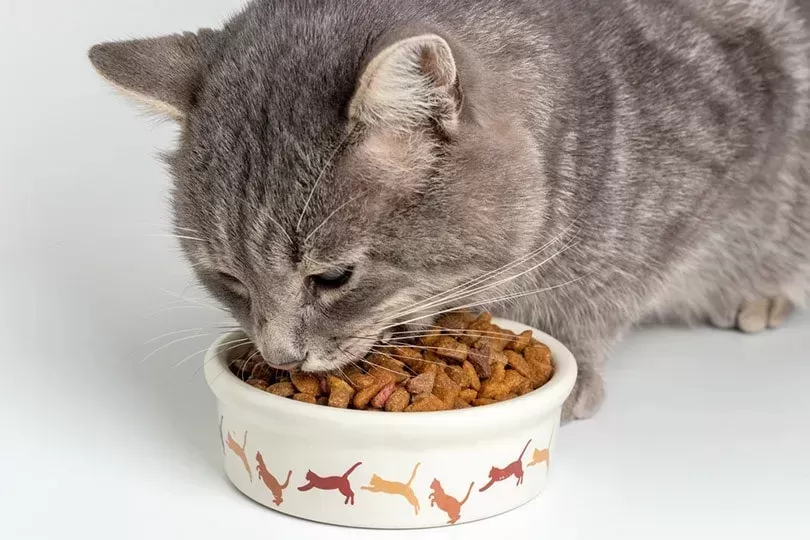
Cats with sensitive stomachs require special care and attention to maintain their health and well-being. Identifying the signs of a sensitive stomach, selecting the right cat food, considering homemade recipes, and following essential dietary guidelines are all crucial steps in providing the best care for your feline friend. Remember to consult with your veterinarian for personalized advice and to rule out any underlying medical conditions. By being proactive and attentive, you can help your cat enjoy a happy and comfortable life, even with a sensitive stomach.
You May Also Like
View all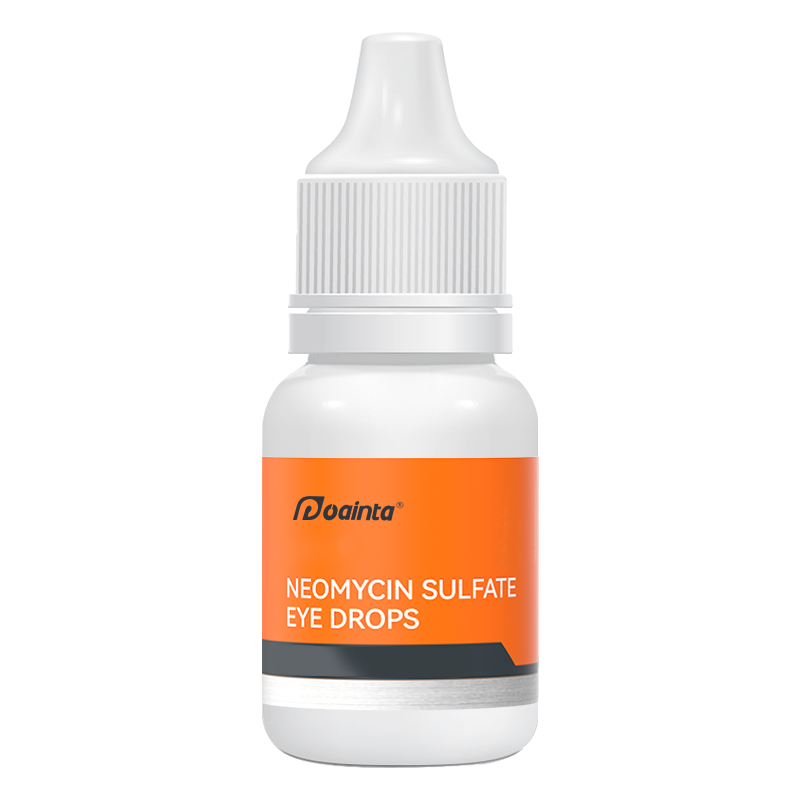
Puainta® Eye Drops for Dog Allergies and Cats Conjunctivitis
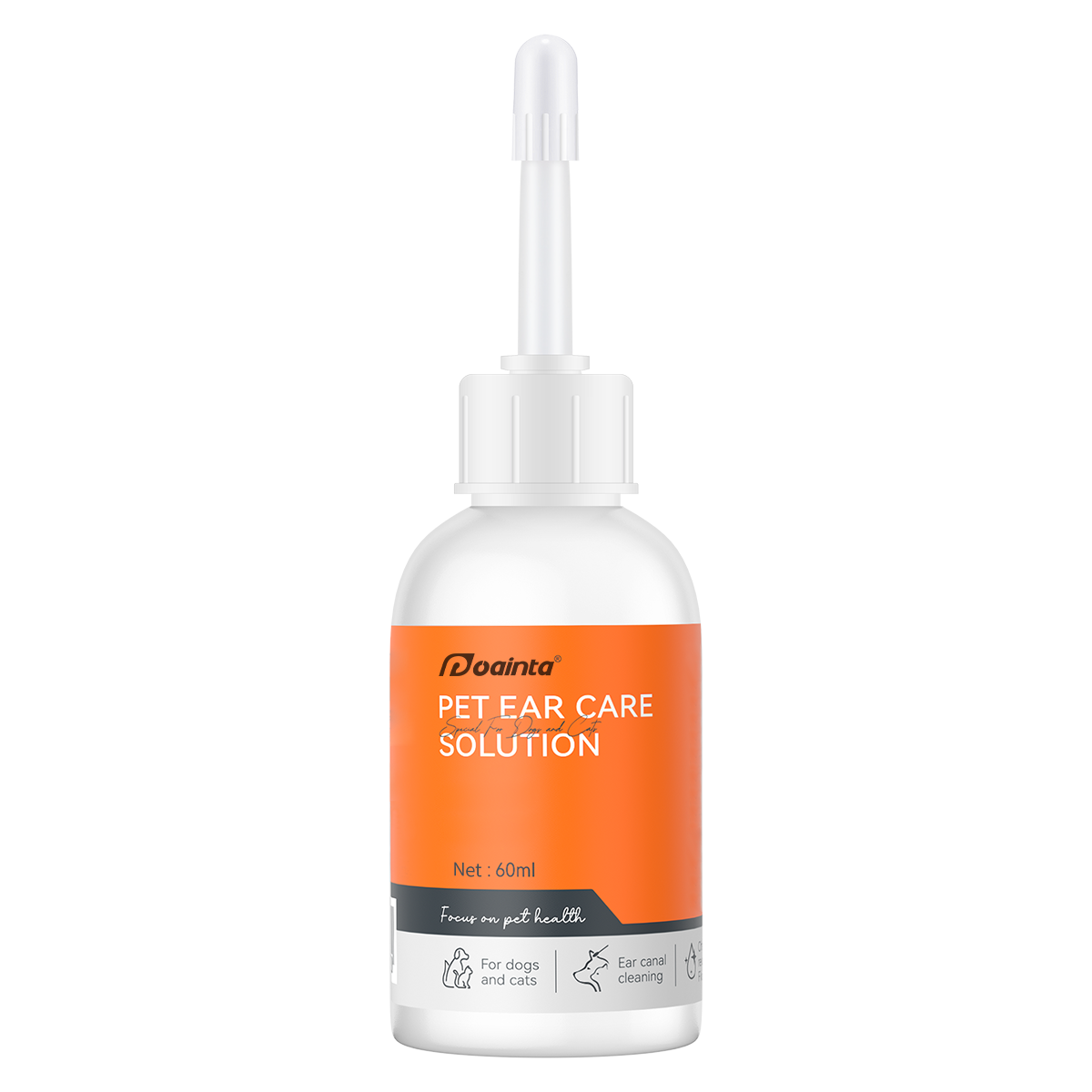
Puainta® Dog/ Cats Ear Cleaner Solution
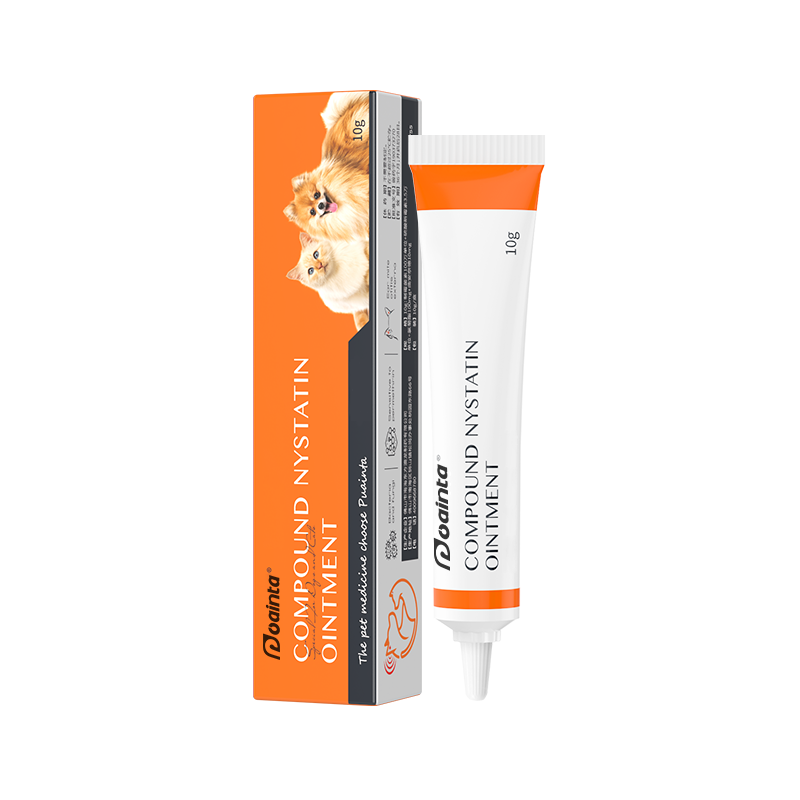
Puainta® Ointment for Ear Mites & Otitis

Puainta®Fenbendazole Tablets Dewormer
Join The Puainta
Become one of pet parents and get professional tips, immediate product info, updated promotions and discounts, and more surprises from us!

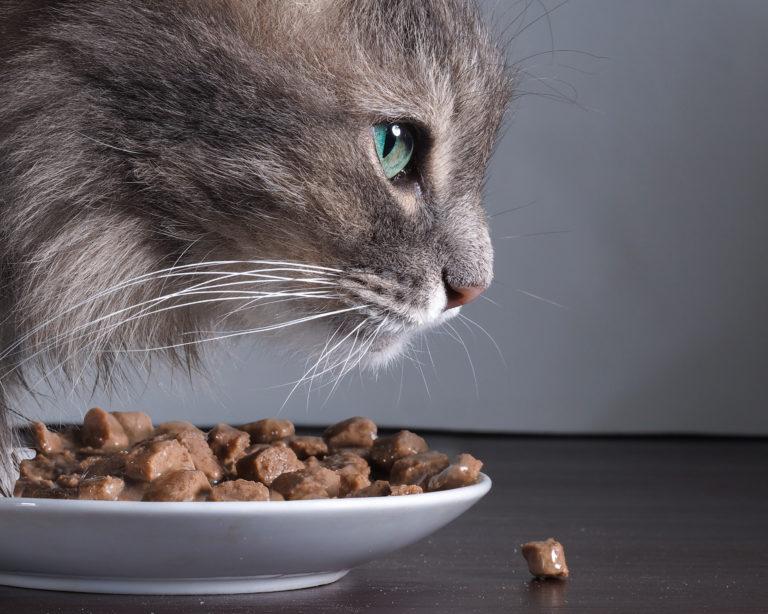
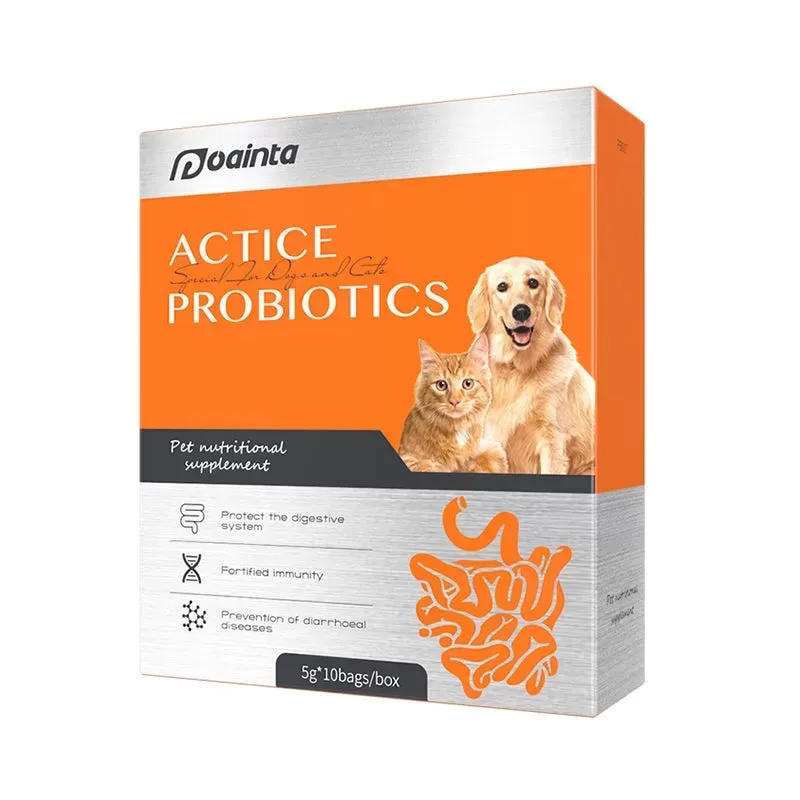



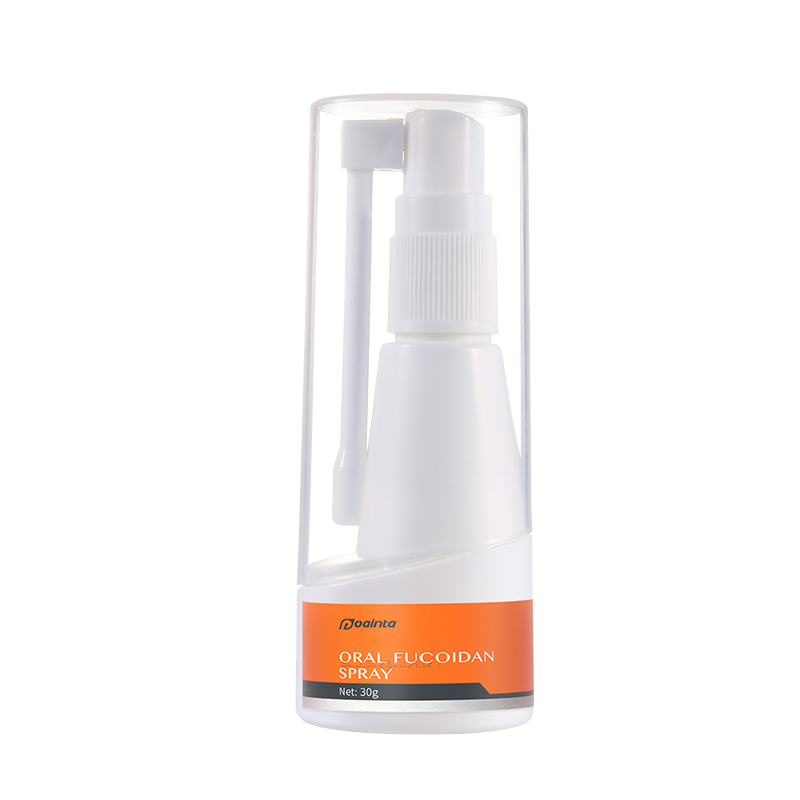

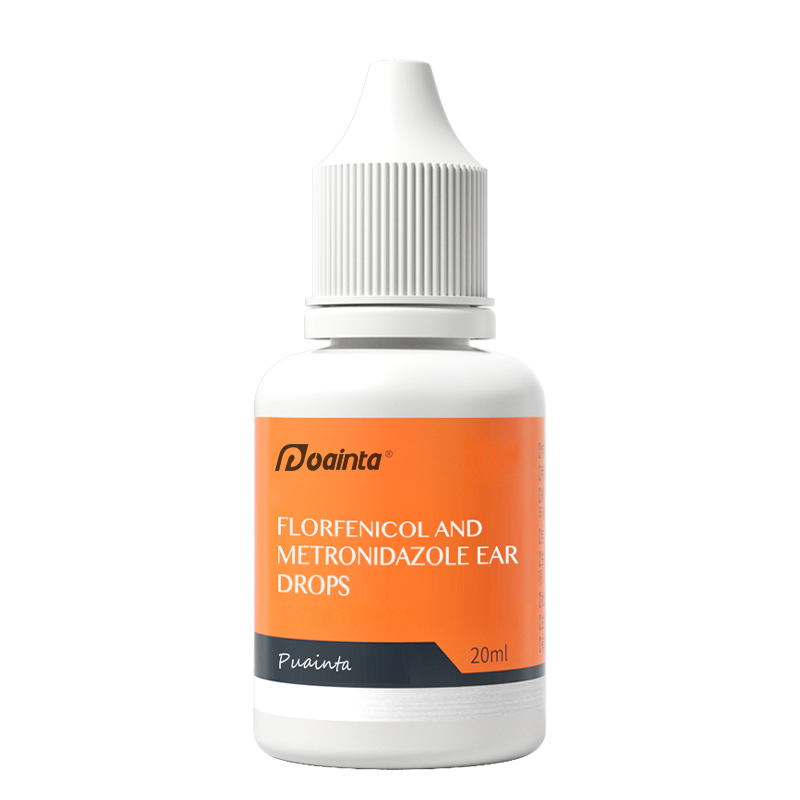
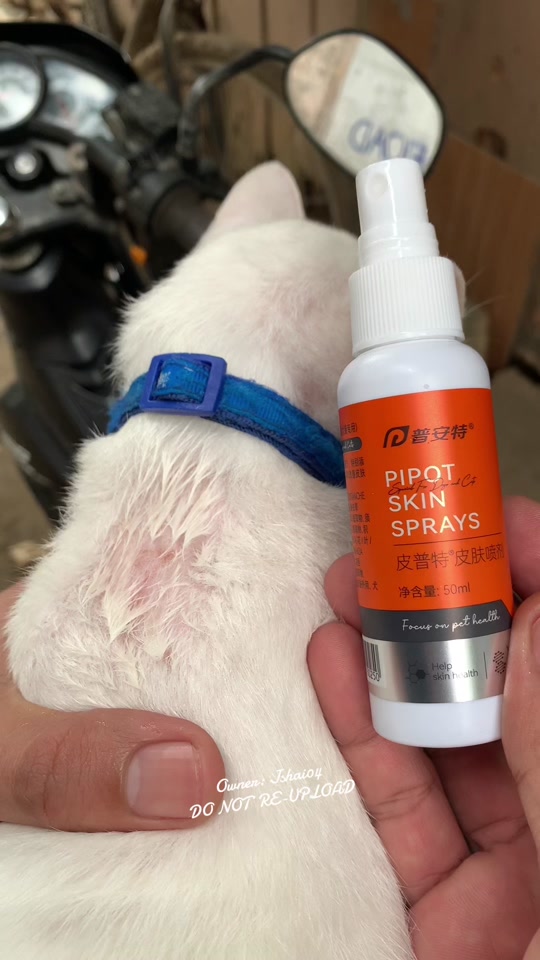













This site is protected by reCAPTCHA and the Google Privacy Policy and Terms of Service apply.